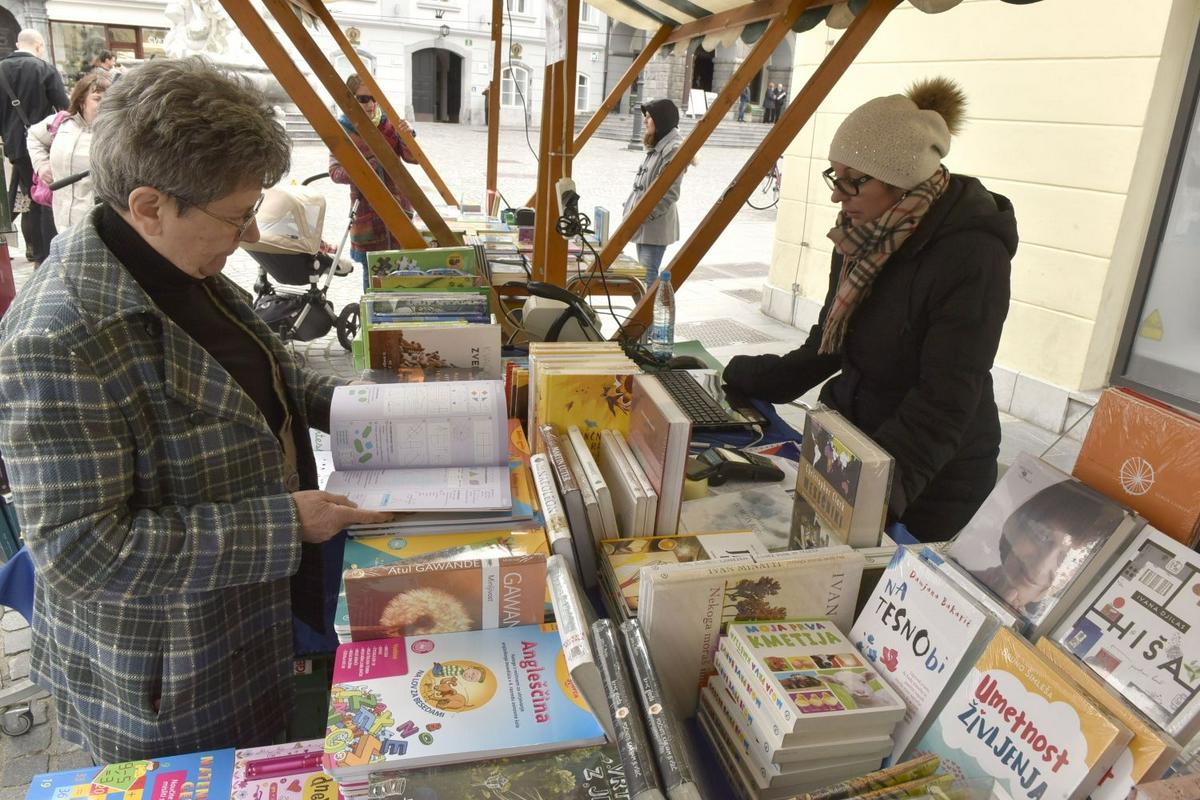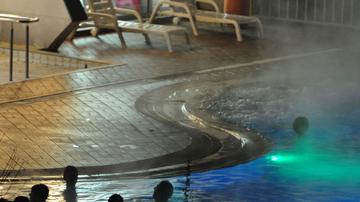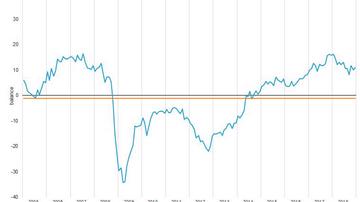
UNESCO proclaimed 23 April the World Book and Copyright Day in 1995 because the day is closely linked with literature: on 22 and 23 April 1616 Miguel de Cervantes and William Shakespeare died.
Slovenia expanded the World Book Day into a literary festival called Slovenian Book Days. The theme of this year’s 22nd festival, which will take place between 19 and 23 April, is I’m writing you, book, who is reading you? In the night between 21 and 22 April the Book Night will be organised bringing together book lovers at 350 events in over 120 places.
Book production in Slovenia: a hundred years ago and now
Book production in Slovenia has been statistically monitored since 1919. At that time 389 titles of books and brochures were issued in the Slovene language, i.e. about 30 titles per 100,000 population. In addition to these books, publishers issued 20 titles of translated works and 28 titles of books in foreign languages; at that time 46 Slovene publications were issued abroad. As regards the type, 55 were literature, i.e. around 4 titles per 100,000 population. In the past century book production was lower than in 1919 only during World War II.
More than five decades later, in 1974, for the first time more than 100 titles of books per 100,000 population were issued, among them 23 titles of literature per 100,000 population.
In 1999, 200 titles per 100,000 population (about 38 titles of literature per 100,000 population) were issued. Since 2012 book production has been declining, so that according to the National and University Library, in 2015 5,411 titles of books and brochures (262 titles per 100,000 population) were issued in Slovenia, of which 1,668 titles of literature (about 81 titles per 100,000 population).
Female and male writers
Statistically speaking, writers are people writing books, scripts, storyboards, plays, essays, speeches, manuals, poems, fairy tales, reviews, etc. Unfortunately, there are not many official statistical data on this occupational group. At the end of 2016, the Statistical Register of Employment included 291 people who performed this occupation as their principal occupation and participated in compulsory social insurance. For comparison, at present the Slovene Writers’ Association has 317 members.
The data on the 291 formally employed writers reveal that:
- almost 56% of the writers were female and just over 44% were male,
- about 40% of the writers were employed (57% of them female writers) and about 60% were self-employed (just over 54% of them female writers).
Other occupations connected with books
For a simple overview we selected some of the most recognisable activities connected with books: book publishing, translation and interpretation services (including the sign language), bookstores, libraries and archives. According to the Statistical Register of Employment, at the end of 2016, 4,114 persons were working in these activities; 3,221 of them were employed and 893 were self-employed.
A more detailed breakdown for 2016 is rather interesting. Only 1% of persons employed in libraries and bookstores were self-employed, while in publishing the share was 5%. On the other hand, more than 72% of translators and interpreters were self-employed. A comparison of the past nine years shows that in these four activities the share of the self-employed has been constantly increasing; from 11% in 2008 to 22% in 2016. The increase in precarious employment was the most distinct among translators and interpreters: in 2008 the share of the self-employed was 58% and in 2016 more than 72%.
Ida Repovž Grabnar, Statistical Office of the Republic of Slovenia

































































